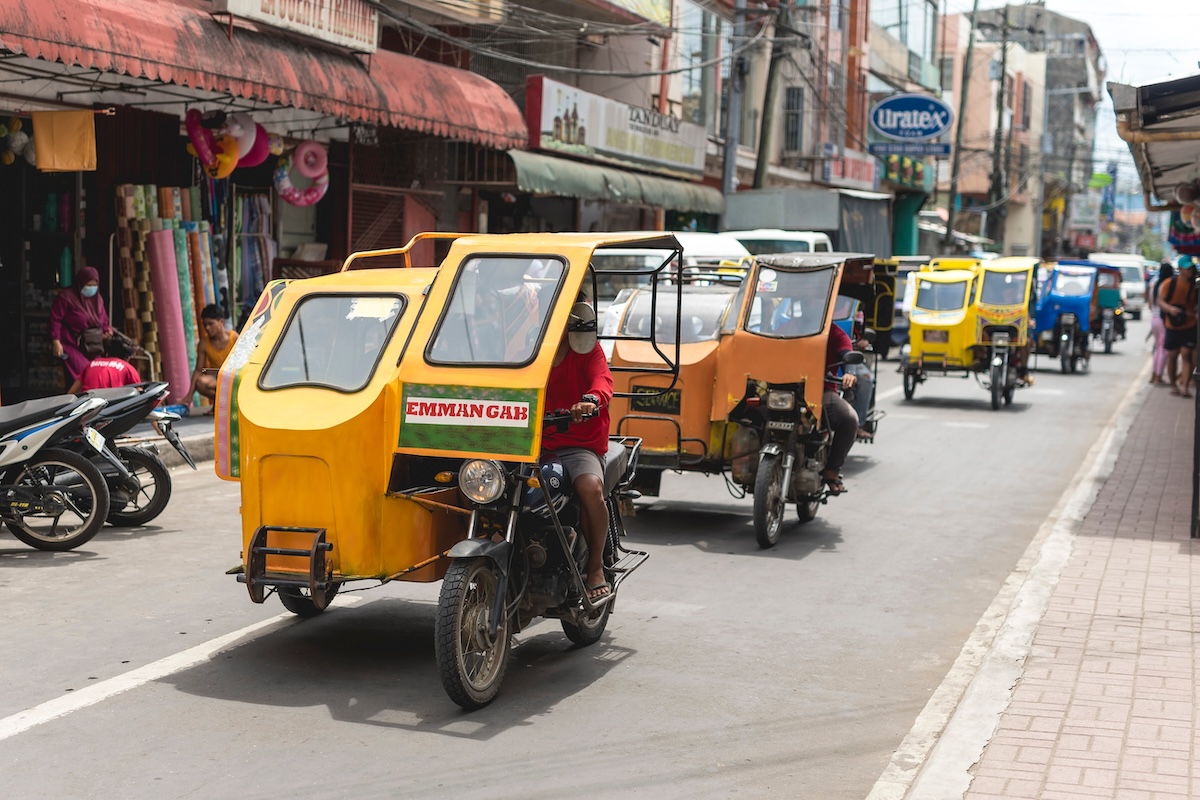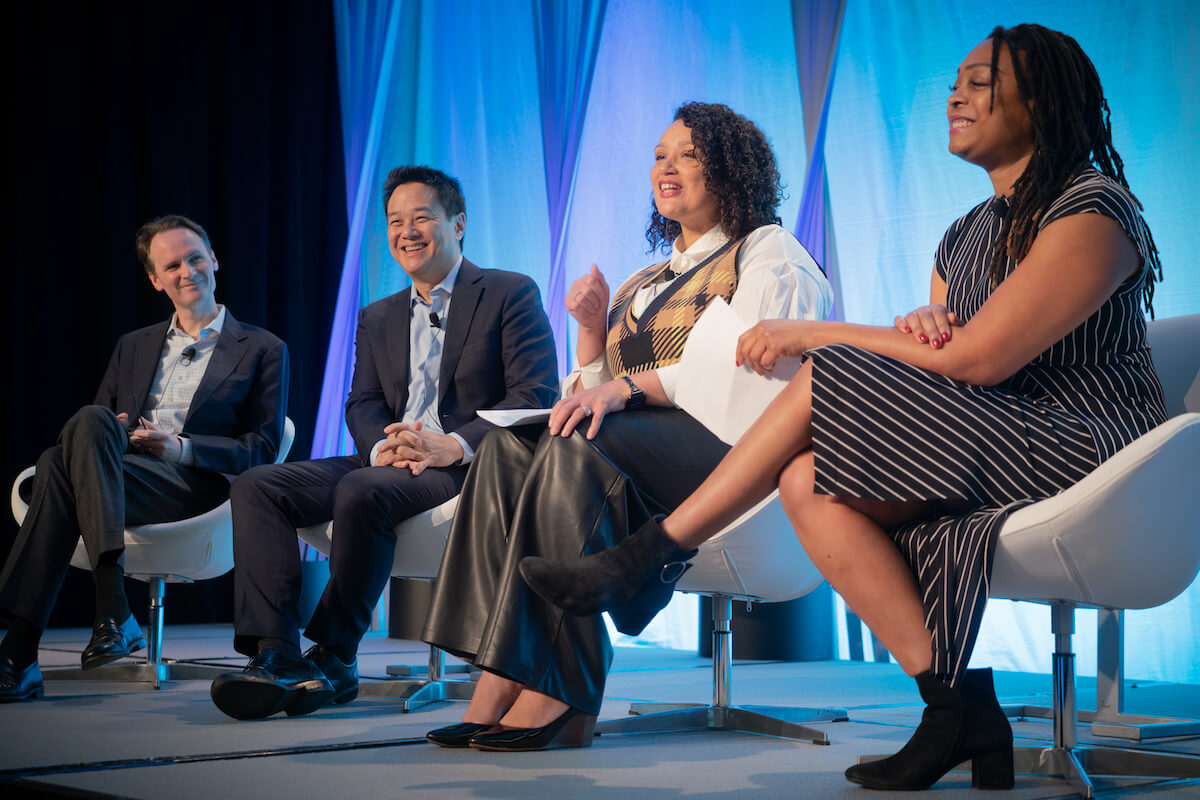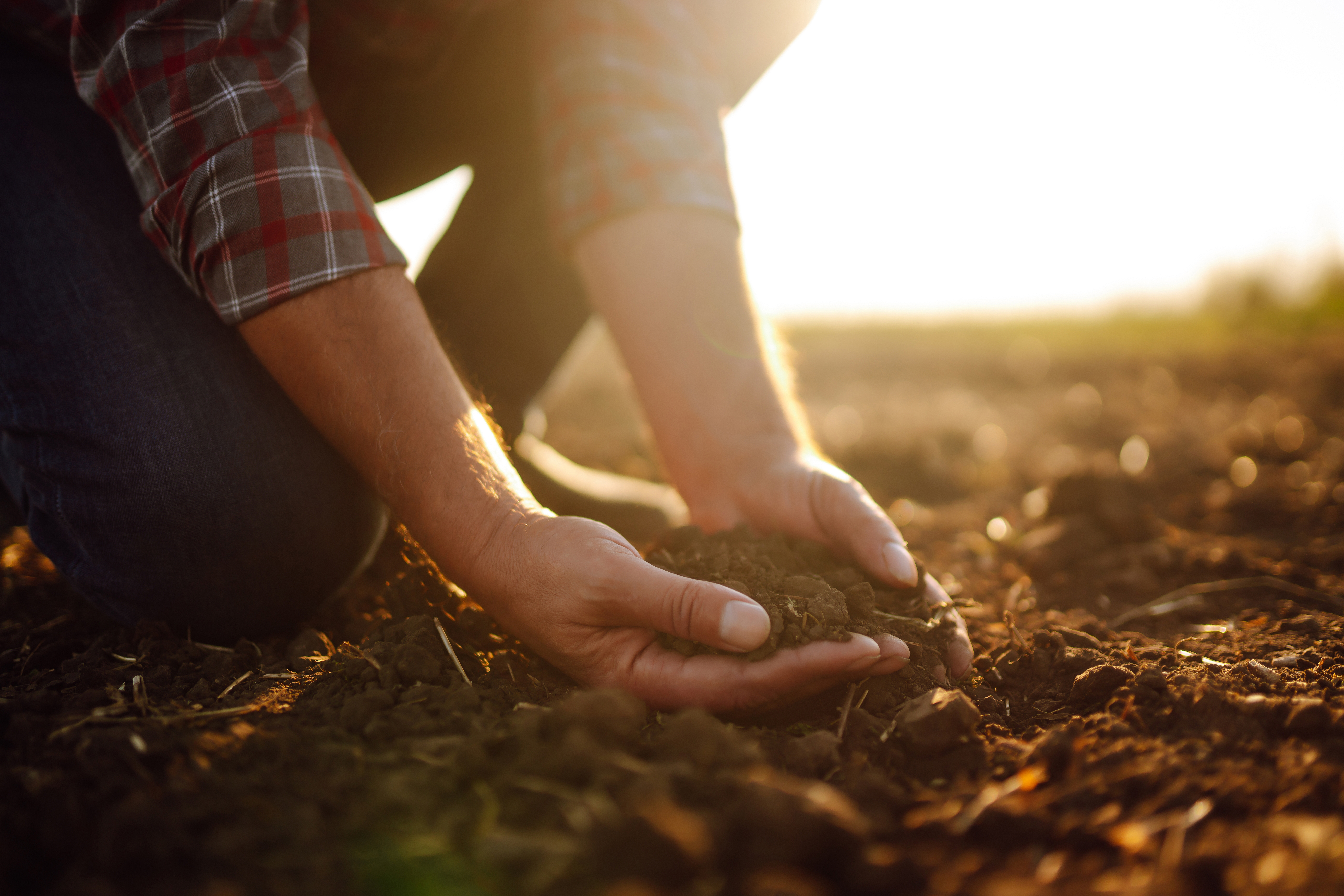Greetings! Thanks to the hundreds of Agents of Impact who joined the great discussion on Call No. 23 yesterday. Keep an eye out for our roundup, resources and replay.
Featured: Impact Voices
Corporate deposits in CDFIs are good. Equity investments would be even better. Community development financial institutions have become the go-to solution for corporations looking to demonstrate their commitment to COVID recovery and racial justice. But the bulk of recent commitments to CDFIs from Google, Netflix, PayPal, Starbucks, Costco and other big companies have taken the form of low-risk deposits and loans that CDFIs can lend to small businesses, affordable housing projects, health clinics and nonprofits (see, “Scaling the ‘capillary banking system’ to expand access to capital”). There are 1,135 certified CDFIs in the U.S., including 147 banks and thrifts, 313 credit unions, and 555 loan funds. If corporations really want to advance CDFIs’ ability to address economic exclusion and structural bias, real investment is required. “That means equity,” Laurie Spengler of Courageous Capital Advisors and George Surgeon of GSJ Advisors write in a guest post on ImpactAlpha. “While deposits and short-term senior loans are solid and low-risk ways to make the first move in supporting CDFIs, equity is what matters.”
Equity, which can take the form of common or preferred stock for CDFI banks, secondary capital investments for credit unions, and grant capital or long-term subordinated debt investments for nonprofit loan funds, provides the capital cushion, or leverage that enables CDFIs to make additional loans. Unlike debt and deposits, equity capital comes with no arbitrary time limits and sticks around in both good times and tough times. Equity investments into CDFIs of $2.5 billion from the top 100 U.S. corporations – just $25 million each – could be leveraged at least five-fold to provide $12.5 billion in loans to the real economy in underserved communities. The money is certainly there: the total cash hoards of the top five U.S. companies tops $425 billion. Corporate deposits are a great start. As investors, corporate and otherwise, recognize the fundamental role CDFIs play in building equitable communities, Spengler and Surgeon ask “each of us to move beyond our comfort zone and invest real equity into these dynamic, path-critical institutions.”
Keep reading, “Corporate deposits in CDFIs are good. Equity investments would be even better,” by Laurie Spengler and George Surgeon on ImpactAlpha.
Dealflow: Follow the Money
Green Monday raises $70 million to ramp up alt-protein options in Asia. Hong Kong-based Green Monday is making multiple bets on how to shift Asia to a plant-based diet. The holding company owns alt-pork company OmniPork, as well as Green Common, a grocery store chain that distributes plant-based products. The company is “one of the first movers in Asia within the rapidly growing global plant-based protein market,” said Chang Sun of TPG’s Rise Fund, which co-led the round with Swire Pacific. Green Monday is expanding its Green Common’s retail presence and its own product development.
- Food tech in Asia. The bulk of alternative protein investments have gone to North American and European companies to date. Earlier this year, Singapore’s Shiok Meats raised $5 million to make lab-grown seafood. Impossible Foods and Beyond Meat are increasing their presence in the region.
- Check it out.
Beneficial Returns backs alt-leather manufacturer Ananas Anam with impact-linked loan. The woman-led enterprise in the Philippines buys pineapple leaf waste from farmers and converts it into a textile called pinatex that can be used as a leather substitute. Ananas Anam’s purchases of agricultural waste boost incomes for smallholder farmers. The loan from Beneficial Returns will enable the company to install processing equipment in local farming communities.
- Impact-linked. The impact investor has loaned $2 million to social enterprises with terms that eliminate the final loan payment if impact targets are met. Beneficial has extended such terms to Indonesia’s Nazava, Guatemala’s Ecofiltro, U.S.-based Interrupcion Fair Trade, and Mexico’s Iluméxico and Sistema Biobolsa. It has also provided emergency COVID loans to Limited Resource Teacher Training, Pollinate Group and iKure.
- More.
Lightship Capital invests in fashion brand Haute Hijab. Melanie Elturk founded the “modest fashion” company to serve hundreds of millions of Muslim women underserved by global clothing brands. Backstage Capital, which invests in under-represented founders, was an early investor in Haute Hijab, which raised $2.3 million last year. Lightship Capital, which has a similar investment focus, invested an undisclosed amount. Read on.
Ecomedes secures $1.5 million to help developers switch to green building materials. The woman-led software company has a repository of 70,000 building products to help developers identify sustainable construction materials. Its seed round was backed by the venture arm of materials company Saint-Gobain and PivotNorth Capital.
Signals: Ahead of the Curve
The new North Star for corporate sustainability: Net zero. The race is on to get to zero carbon emissions. Joining the list of corporations pledging to reach net-zero emissions by 2050: Morgan Stanley, Walmart and Facebook. As Climate Week begins, such pledges have doubled from last year, according to Data-Driven EnviroLab and NewClimate Institute, to more than 1,500 companies globally with combined revenues of more than $11.4 trillion, and almost 1,000 local governments. Microsoft, which has gone further than most in pledging to erase all emissions it has ever generated by 2050, tops the organizations’ ranking of the 30 largest U.S. companies. Also in the top five: Apple, Intel, Cisco and Procter & Gamble. Morgan Stanley became the first major U.S. bank to commit to zeroing out emissions facilitated by its loans, underwriting and other financial activities. Environmental Defense Fund’s Ben Ratner said net zero – where emissions are balanced by offsets or sequestering – has become “the north star” for companies and investors. “Companies are becoming more serious in their commitments,” agreed Danielle Fugere of As You Sow. Still, just 30% of the Dow 30 have committed to net zero by 2050. And the goal itself may not be enough to “avoid the most catastrophic impacts of climate change,” the report cautions. Other Climate Week highlights:
- No offsets. Walmart on Monday set a target of zero emissions by 2040, without resorting to offsets. Its plan: 100% renewable energy by 2035, zero vehicle emissions by 2040, and low-carbon heat and cooling in stores and facilities by 2040. “We face a growing crisis of climate change and nature loss, and we all need to take action with urgency,” said Walmart CEO Doug McMillon. McMillion chairs the Business Roundtable, which recently endorsed a price on carbon.
- Stepping up. China will aim to peak CO2 emissions before 2030 and achieve carbon neutrality by 2060, said President Xi Jinping.
- More.
COVID response spawns a network to support Latin American entrepreneurs. This spring, organizations supporting entrepreneurs in Latin America scrambled to help small and growing businesses survive the COVID disruption. This fall, they’re turning their new collaboration into an ongoing network. The more than 50 organizations that created Emprendedores Frente al COVID-19 (Entrepreneurs Facing COVID-19) are working together to share resources and coordinate support for entrepreneurs. “The Latin American ecosystem can show the rest of the world there is a better way to do business and it’s [to be] collaborative,” Agora Partnerships’ Cecilia Foxworthy told ImpactAlpha. “We can create inclusive prosperity if we work together.” The network’s task force includes Sistema B Central America, Banca Sostenible, Ecuador’s Impaqto and Peru’s Kunan, and is supported by Argidius Foundation in Switzerland. Many of the organizations also are part of the World Economic Forum’s COVID Alliance for Social Entrepreneurs, which launched this month.
- System-poor. The fragmented entrepreneurial support ecosystem in Latin America has required entrepreneurs to work with multiple small organizations to get the support they need. The region is “program-rich and system-poor,” says Foxworthy, who takes over as CEO from Agora founder Ben Powell on Oct. 16. Powell said European and U.S. ecosystem investors have mostly focused on Africa, forcing entrepreneur support organizations to be nimble and scrappy. Now, he says, “Latin America wants to do something amazing and export it to the world.”
- State of the market. As part of its ongoing annual conference, the Aspen Network for Development Entrepreneurs will launch its report on impact investing in Latin America later today with an event at 4pm ET. Register here.
- Share this post.
Agents of Impact: Follow the Talent
CASE at Duke’s Cathy Clark, myAgro’s Anushka Ratnayake and Mindtree’s Prashant Mehra are among Schwab Foundation’s Social Innovators of the Year… Szabi Baranyi, ex- of Rensource, joins Sunfunder as a senior investment officer… Common Future is recruiting a managing director and a chief operating officer in Washington, D.C., New York, Oakland or remote… Gary Community Investments is hiring a mission investments manager in Denver.
Watch virtual pitches from Luv Health, Moxie Girl, Unitonomy and other winners of Render Capital’s startup competition this Friday, Sept. 25… Urban-X is hosting “Climate-tech’s tipping point” with Urban Us’ Shilpi Kumar, Buoyant Ventures’ Amy Francetic, Collaborative Fund’s Lily Bernicker and Climate Tech VC’s Sophie Purdom today, Sept. 23 at 1pm ET… Imaginable Futures and UNICEF launched “Learning to Overcome,” a three-part podcast series hosted by NPR’s Gwen Thompkins on equitable access to quality remote learning and student well-being (see, “What if… the redesign of education put racial and social equity at its core?”)… SOCAP has hosted the first two of five sessions with Sir Ronald Cohen, author of Impact. ImpactAlpha’s David Bank joins the Sept. 29 session, which also features Laudato Tree’s Vivienne Harr and Salesforce’s Suzanne DiBianca. Register.
Thank you for reading.
–Sept. 23, 2020











